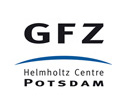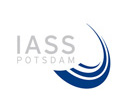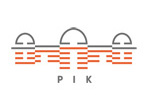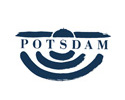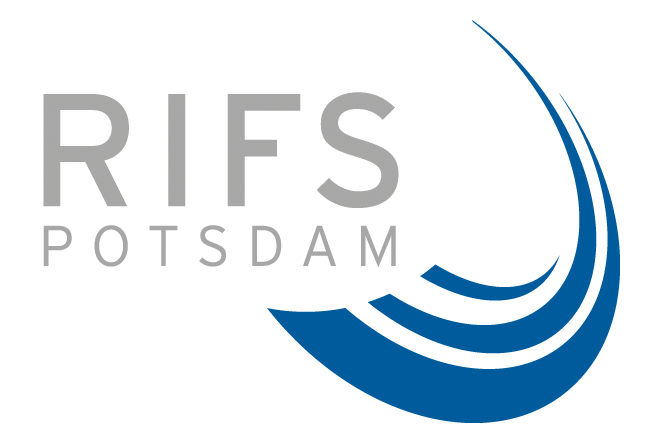About
Potsdam Summer School 2014 – Arctic in the Anthropocene
The first Potsdam Summer School is calling for applications!
Under the overarching theme “Arctic in the Anthropocene”, this two-week interdisciplinary and interactive event running from 23 June to 4 July 2014 will be the first in a series of Potsdam Summer Schools to be held annually. The goal is to bring together early-career scientists and young professionals from research departments, governmental and non-governmental agencies and organizations, as well as the private sector from all around the world. Participants will deal with global challenges and address urgent questions on how to shape sustainable futures in the Arctic and beyond from a scientific and socioeconomic point of view.
In partnership with the City of Potsdam, the 2014 Potsdam Summer School will be jointly conducted by the Alfred Wegener Institute, Helmholtz Centre for Polar and Marine Research (AWI), the Helmholtz Centre Potsdam – GFZ German Research Centre for Geosciences, the Institute for Advanced Sustainability Studies (IASS), the Potsdam Institute for Climate Impact Research (PIK), and the University of Potsdam. Experts, stakeholders, and guest lecturers from national and international institutes and organizations will contribute high level knowledge to the Summer School programme.
The focus of this first Potsdam Summer School will be “Arctic in the Anthropocene”, concentrating on the rapid environmental changes in the Arctic region over the last decades. An intense two-week programme will explore the options, pathways, risks and challenges towards sustainable futures for the Arctic, and in essence for the whole planet given the Arctic’s crucial role for the globe’s climate and weather system. Issues addressed will include:
Learning about the Arctic and Arctic/non-Arctic Feedback Loops…
- Sea-ice Developments
- Land-atmosphere Interactions
- Climate Dynamics
- Ecological and Environmental Risks
- The Marine Arctic and Ocean Governance
- The Political Arctic: Ownership, Cooperation and Conflict Potential
- The Role of Resources (oil and gas, minerals, shipping, tourism, fishing)
- The Changing Cryosphere: Sea Ice, Glaciers, Ice Sheets, and Permafrost
…and Putting Knowledge to Action
- Planning for Sustainable Arctic Futures
- Building the Science-Policy-Bridge
- Raising Awareness for the Arctic and communicating Arctic Transformations and their Relevance for all of us.
- Learning together and co-developing Action Plans to address Arctic Challenges with Experts and Stakeholders.
These issues will integrate a multitude of scientific disciplines and will foster the involvement of stakeholders from the public and private sector. The summer school will provide a unique opportunity for students and speakers to foster and enhance international cooperation and exchange of ideas. The programme will comprise lectures, various discussion formats, field trips, and interactive project activities as well as workshops and group projects. Please note that some of the planned topics and formats may be changed at the discretion of the programme organizers. The summer school will be conducted in English. The organizers are looking forward to applications from young professionals who have a wide range of backgrounds to discuss the future of the Arctic region in the age of the Anthropocene.








